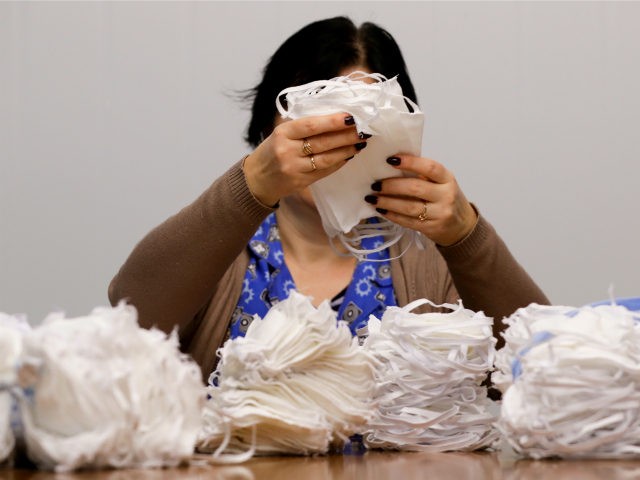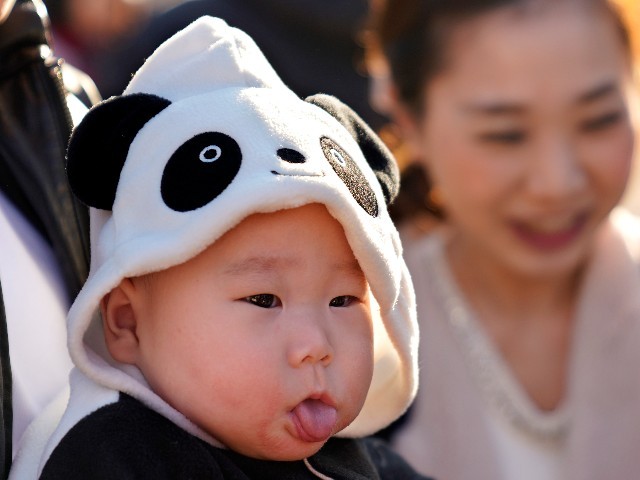Children in Japan are “recommended to wear masks when possible” to prevent virus transmission at daycare facilities, a Japanese government panel wrote in an official recommendation Friday, according to Kyodo News.
“An initial plan that sought children aged 2 or older to wear face masks fell through due to objections within the panel,” the news agency noted February 4.
Shigeru Omi, the Japanese government’s top Chinese coronavirus adviser, met with the panel Friday to help its members formulate official health recommendations for day cares.
“While children at day-cares are advised to wear face masks, the panel has decided not to specify their age,” he told reporters after the meeting.
The Japanese government panel decided to release official “recommendations” Friday regarding the wearing of sanitary masks by children at day cares but said it would stop short of mandating the practice, at least for now.
The Japanese Ministry of Health, Labor, and Welfare’s current anti-coronavirus guidelines for daycares “so far do not require that children wear face masks at the facilities,” Kyodo News observed February 3.
“The panel will also maintain the existing policy of not recommending children under 2 to wear them due to suffocation or heat stroke risks,” the Tokyo-based news agency reported.
The Japan Pediatric Association issued a warning in May 2020 advising parents not to place face coverings on children under the age of two.
“Masks can make breathing difficult because infants have narrow air passages which increases the burden on their hearts,” the association wrote in a press release at the time.
The body further warned that “masks also raise the risk of heatstroke” for children two years old or younger.
“Let’s stop the use of masks for children under two years old,” the association urged at the time.
“Children aged 5 years and under should not be required to wear masks,” the World Health Organization (W.H.O.) wrote in August 2020.
“This is based on the safety and overall interest of the child and the capacity to appropriately use a mask with minimal assistance,” the United Nations (U.N.) public health body said of its recommendation at the time.
Day cares may admit children within a wide age spectrum, ranging from infants to primary school-aged students, depending on the country or facility.
“Daycare in Japan is … reserved for babies 56 days old up to 6 years old,” according to a Tokyo-based motherhood blog.


COMMENTS
Please let us know if you're having issues with commenting.